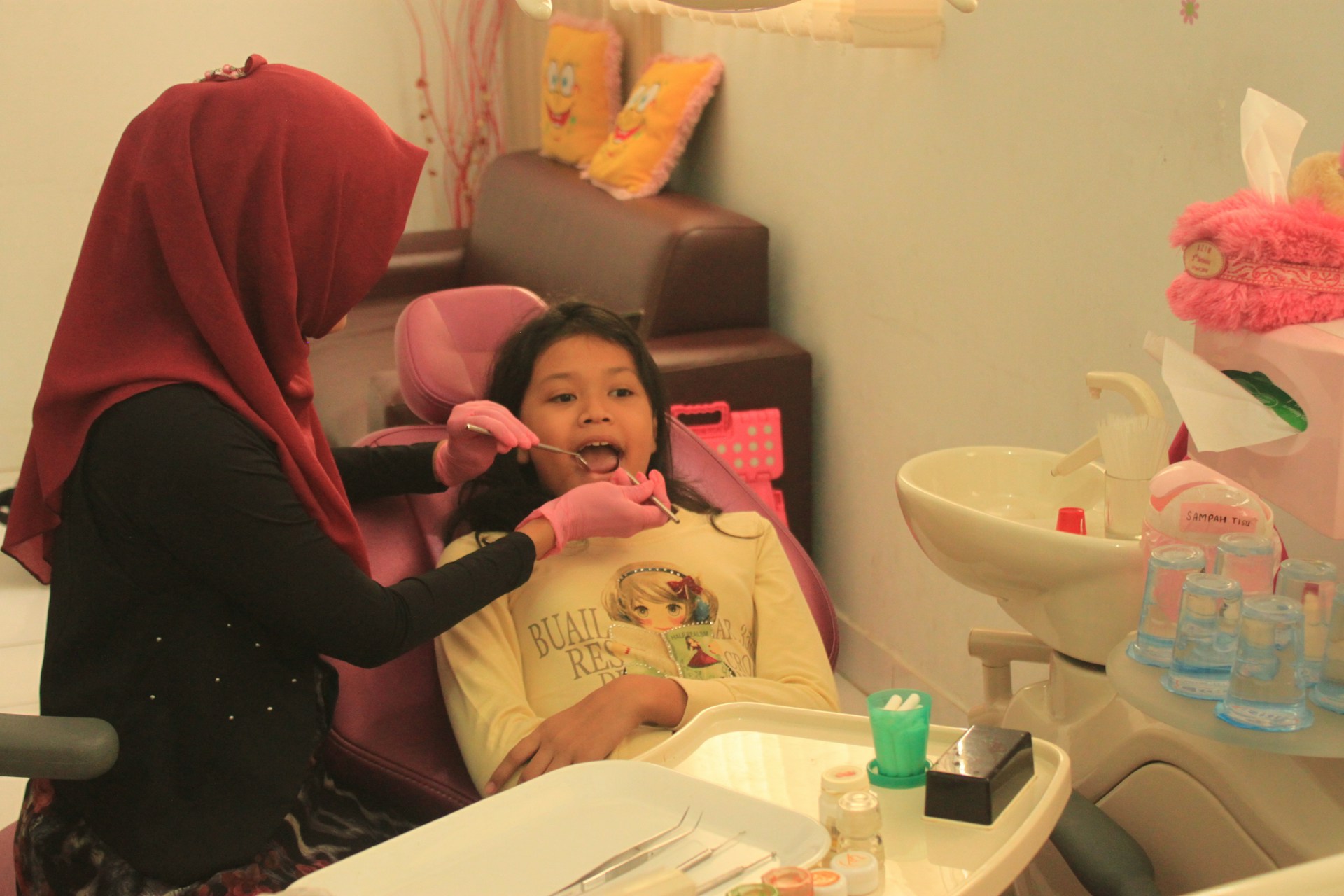
The journey to a bright, healthy smile begins in childhood. Paediatric dentistry plays a pivotal role in ensuring the long-term dental health of children. Understanding the unique aspects of children’s dental care is crucial for parents and caregivers. This comprehensive guide delves into the essentials of paediatric dentistry, tailored to Australian standards and practices, offering valuable insights and practical tips.
Understanding a Child’s Dental Development
Dental development in children is a complex process that begins even before birth. The first set of teeth, known as primary or baby teeth, usually starts to erupt around six months of age. By the age of three, most children have a full set of 20 primary teeth. These teeth play a vital role in a child’s development, aiding in speech, chewing, and forming a path for the eventual adult teeth.
Around the age of six, children begin to lose their primary teeth, which are replaced by permanent teeth. This transition continues until about age 12. The Australian Dental Association emphasises the importance of monitoring this process, as early or late loss of baby teeth can indicate potential dental issues.
Genetics and environmental factors, such as nutrition and oral hygiene habits, significantly influence dental development. Regular dental check-ups can help identify any developmental concerns early.
The First Dental Visit: When and Why
According to the Australian Dental Association, a child’s first dental visit should occur within six months after the first tooth appears, and no later than their first birthday. This early visit is more about education and building a relationship with the dentist than treatment.
During this initial appointment, the dentist will check for cavities, examine the child’s bite, and look for any potential problems with the gums, jaw, and oral tissues. It’s also an opportunity for parents to learn about oral hygiene practices for children, including proper brushing techniques, fluoride needs, and dietary recommendations.
Early dental visits set the stage for a lifetime of good oral health. They help in acclimating the child to the dental environment, reducing anxiety and fear associated with future dental appointments.
Daily Dental Care for Children
Establishing a daily dental care routine is crucial for children. The Australian Dental Association recommends that brushing should start as soon as the first tooth appears. For infants, use a soft, small-bristled toothbrush and water. Once a child is aged 18 months, a pea-sized amount of low-fluoride toothpaste can be introduced.
Parents should brush their child’s teeth until they develop the coordination to do it themselves, usually around age six. Even then, supervision is necessary to ensure they are brushing effectively. Make brushing and flossing a fun and integral part of the daily routine. There are numerous educational books and songs about dental care which can make this process enjoyable for young children.
Nutrition and Your Child’s Dental Health
Diet plays a crucial role in a child’s dental health. The Australian Institute of Health and Welfare recommends a diet rich in fruits, vegetables, and whole grains, and low in sugar. Limiting sugary snacks and drinks is essential to prevent tooth decay. Sugars in foods and drinks feed the bacteria in plaque, which produces acids that attack tooth enamel.
Encourage healthy eating habits by offering nutritious snacks like cheese, yoghurt, and vegetables. Water should be the drink of choice, especially fluoridated tap water, which has been shown to reduce tooth decay. In Australia, the use of fluoridated water is supported by the National Health and Medical Research Council as a safe and effective way to reduce dental caries.
Dealing with Common Paediatric Dental Issues
Common dental issues in children include cavities, thumb sucking, and teething pain. Cavities are a prevalent problem, often due to excessive sugar intake and inadequate brushing. Regular dental check-ups can catch cavities early, and applying sealants and fluoride varnish can provide additional protection.
Thumb sucking is normal in infants and young children, but if it continues beyond the age of four, it can lead to misaligned teeth and bite problems. Strategies to discourage thumb sucking include offering a dummy to infants (which is easier to wean off) and positive reinforcement for older children.
Teething pain can be distressing for both the child and the parents. The Australian Dental Association suggests using a clean, cold object for the child to chew on, such as a chilled teething ring or a cold, wet washcloth. Over-the-counter teething gels may be used, but it’s important to follow the product instructions and consult a dentist in Brisbane or doctor if unsure.
The Role of Fluoride in Child Dental Care
Fluoride plays an integral role in strengthening children’s teeth and preventing cavities. It works by making the tooth enamel more resistant to the acid attacks that cause tooth decay. The Australian Dental Association recommends the use of fluoride toothpaste for children, starting with a smear for those under 18 months and progressing to a pea-sized amount for children aged 18 months to six years.
Australian guidelines also support the controlled use of fluoridated water as a significant step in reducing the prevalence of dental caries in children. However, it’s important to balance fluoride intake to avoid dental fluorosis, a condition caused by excessive fluoride consumption during the early years of tooth development. Regular dental check-ups can help monitor fluoride exposure and ensure its within the recommended limits.
Preventive Dental Treatments for Children
Preventive care is paramount in paediatric dentistry. Treatments like dental sealants and fluoride varnishes play a crucial role in protecting children’s teeth from decay. Dental sealants are thin, protective coatings applied to the chewing surfaces of the back teeth, where most cavities in children are found. This simple procedure can be done quickly and painlessly during a regular dental visit and provides long-lasting protection against cavities.
Fluoride varnish, another effective preventive treatment, can be applied to both baby and adult teeth. It’s especially beneficial for children at high risk of tooth decay. The National Health and Medical Research Council of Australia recognises the efficacy of these treatments in preventing and controlling dental caries in children.
Educating Your Child About Dental Health
Education is a powerful tool in paediatric dental care. Teaching children the importance of good oral hygiene from a young age lays the foundation for healthy lifelong habits. Parents and caregivers can use age-appropriate books, videos, and apps to make learning about dental health engaging and fun.
Australian schools and dental organisations often conduct educational programs to promote oral health awareness among children. Participating in these programs and encouraging children to practice what they learn at home reinforces the importance of good dental habits.
Preparing for Dental Emergencies
Dental emergencies can be a frightening experience for both children and parents. Common emergencies include knocked-out teeth, broken teeth, and toothache. Knowing how to handle these situations can make a significant difference in the outcome.
For a knocked-out permanent tooth, it’s important to keep the tooth moist at all times. If possible, try placing the tooth back in the socket without touching the root. If that’s not possible, place it in milk and seek immediate dental assistance. For a broken tooth, rinse the mouth with warm water to clean the area and apply a cold compress to the face to keep swelling down. In case of a toothache, rinse the mouth with warm water to clean it out and gently use dental floss to remove any food caught between the teeth.
In all cases of dental emergencies, it’s crucial to contact a dentist immediately. Many dental practices in Australia, including those specialising in paediatric dentistry, offer emergency services or advice on how to handle such situations.
Conclusion
Ensuring the dental health of children requires a comprehensive approach that includes regular dental check-ups, preventive treatments, proper oral hygiene practices, balanced nutrition, and dental health education. By adhering to these guidelines and fostering good dental habits from a young age, parents and caregivers can help maintain their children’s bright and healthy smiles.
For families in Kangaroo Point, Brisbane, Smile Design Dental offers a wide range of paediatric dental services. Their team of experienced professionals is dedicated to providing high-quality, compassionate care tailored to the unique needs of each child, ensuring a positive and reassuring experience.
Incorporating these practices into your child’s daily routine and seeking professional dental care, such as the services provided by Smile Design Dental, will significantly contribute to their overall dental health, setting them up for a lifetime of healthy smiles.
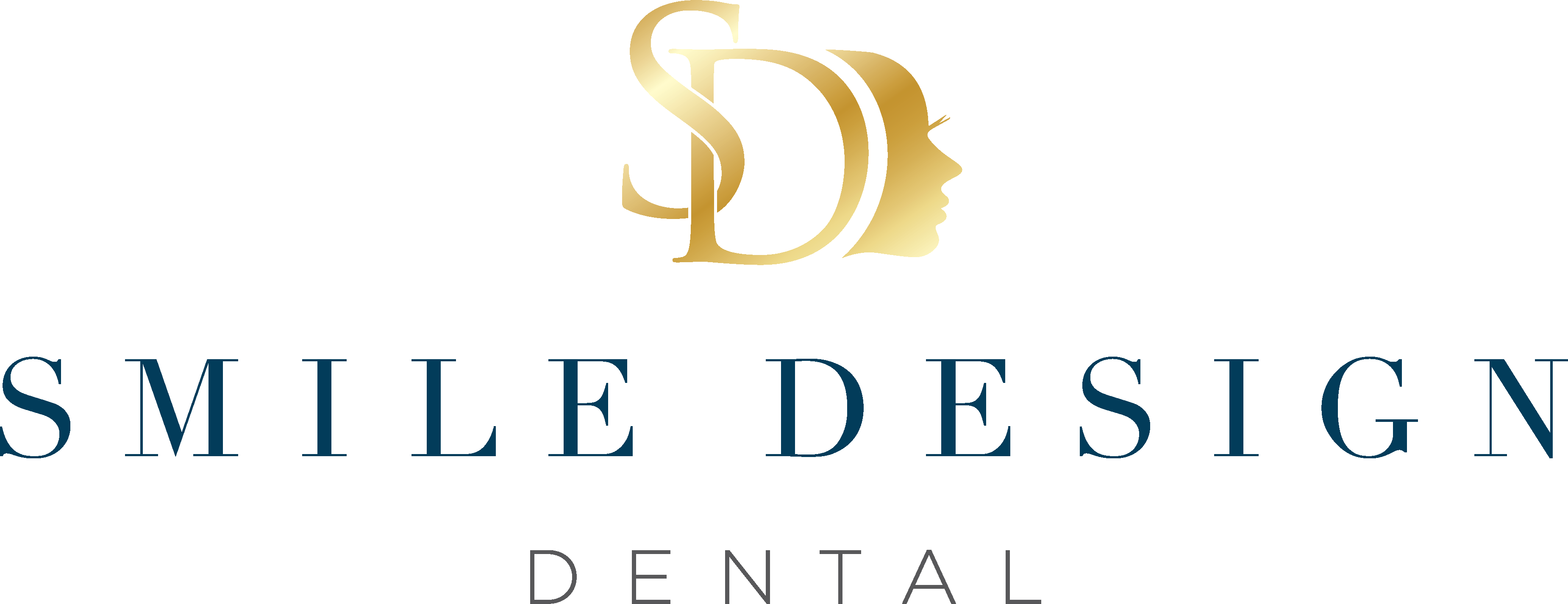
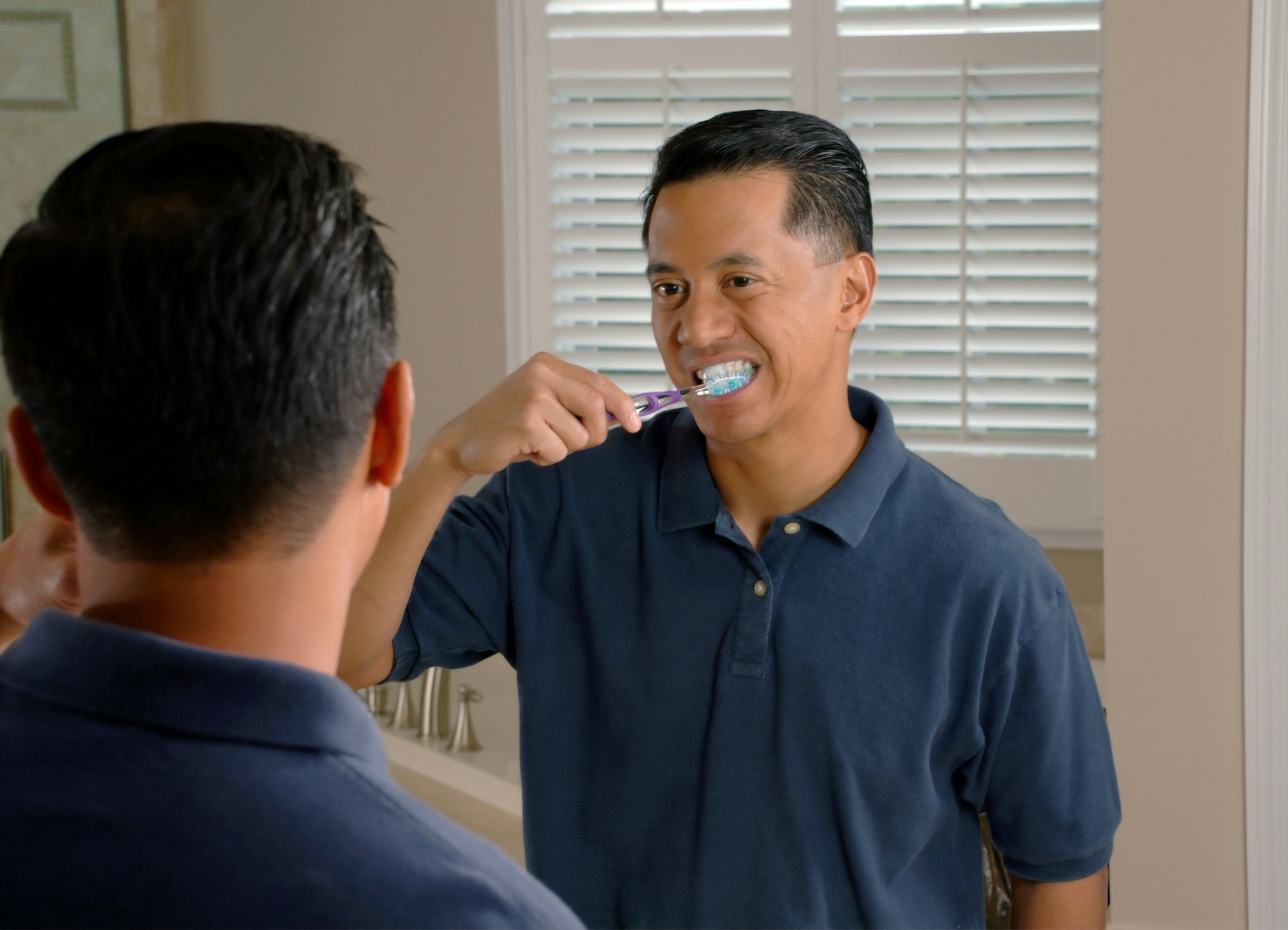
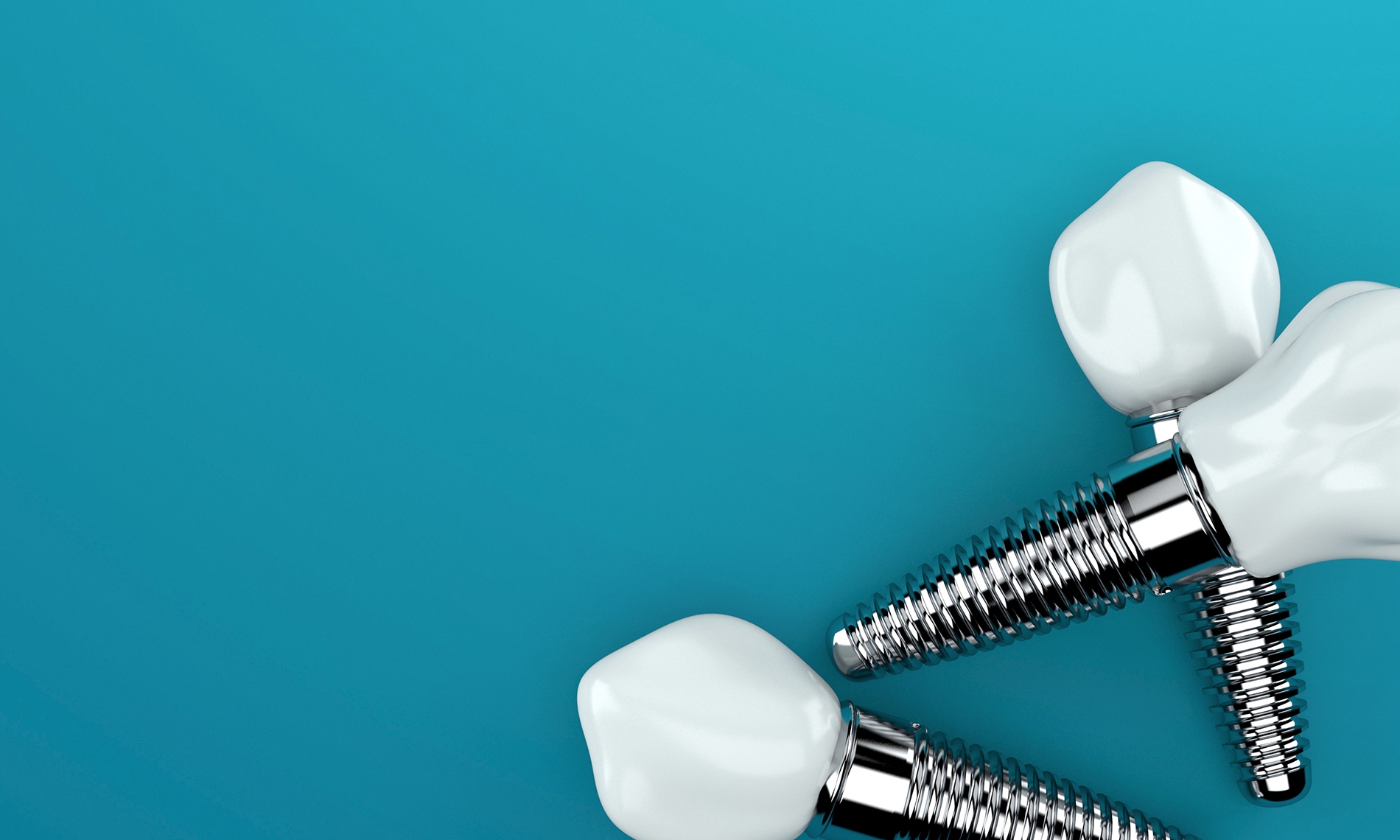
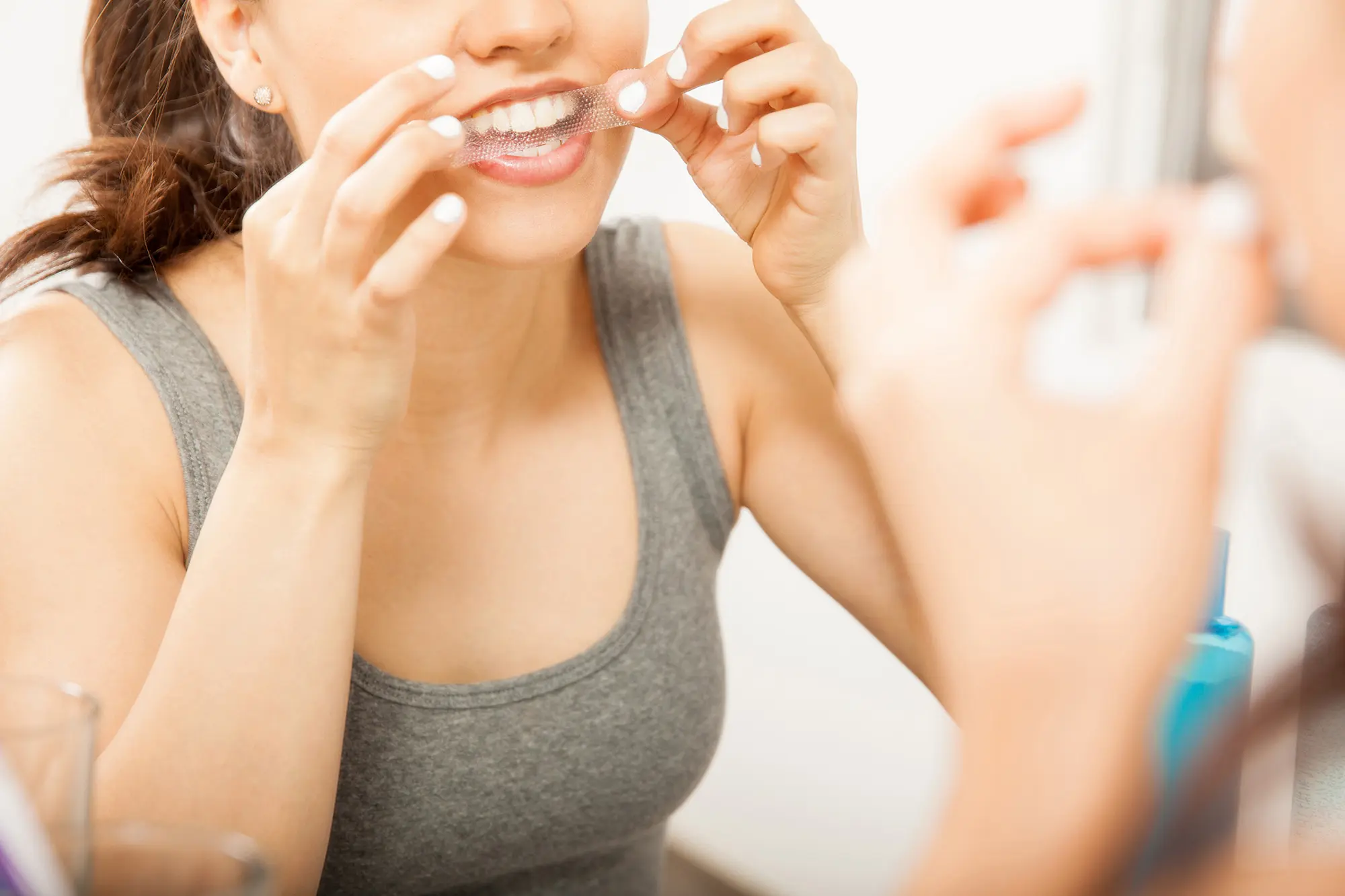
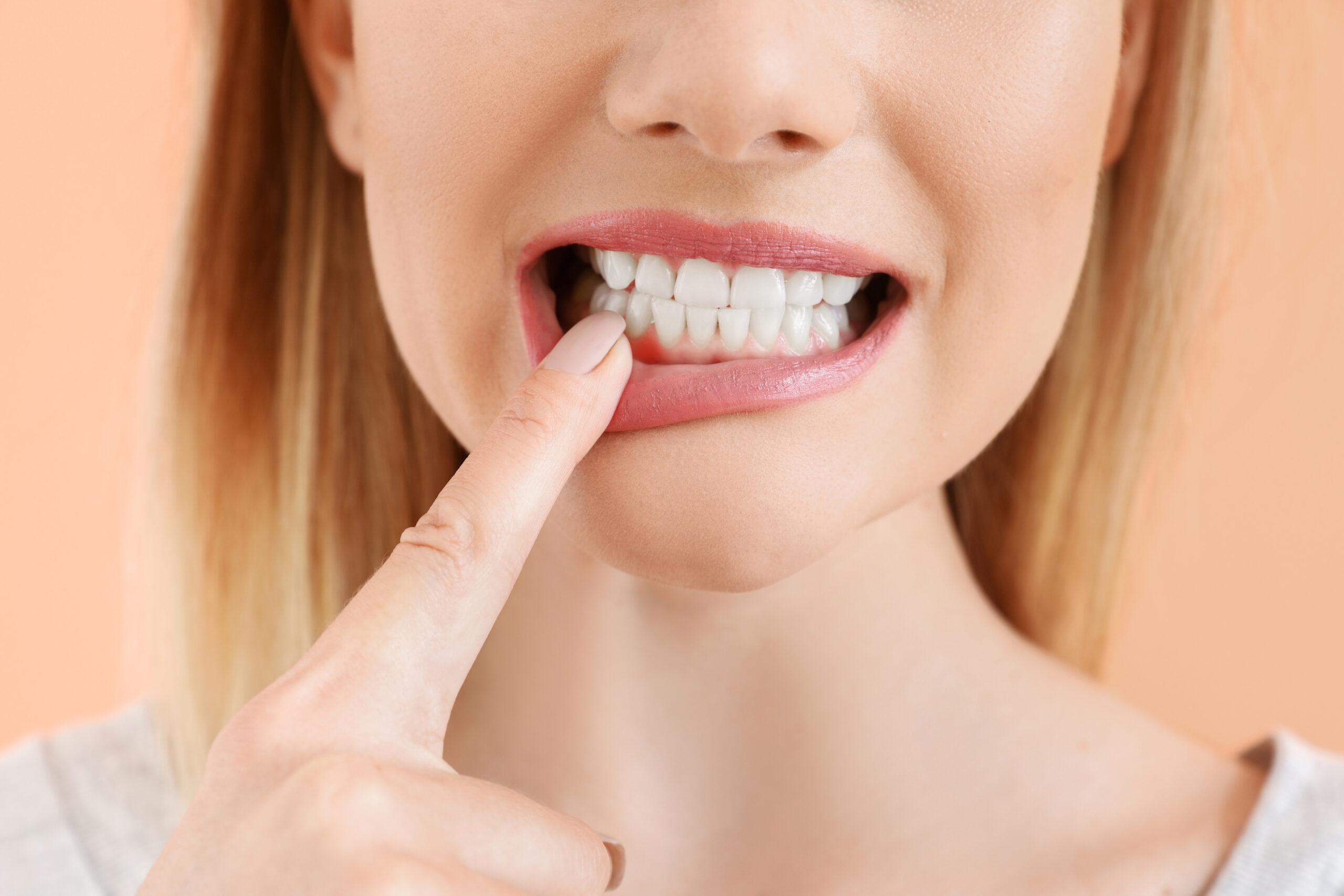


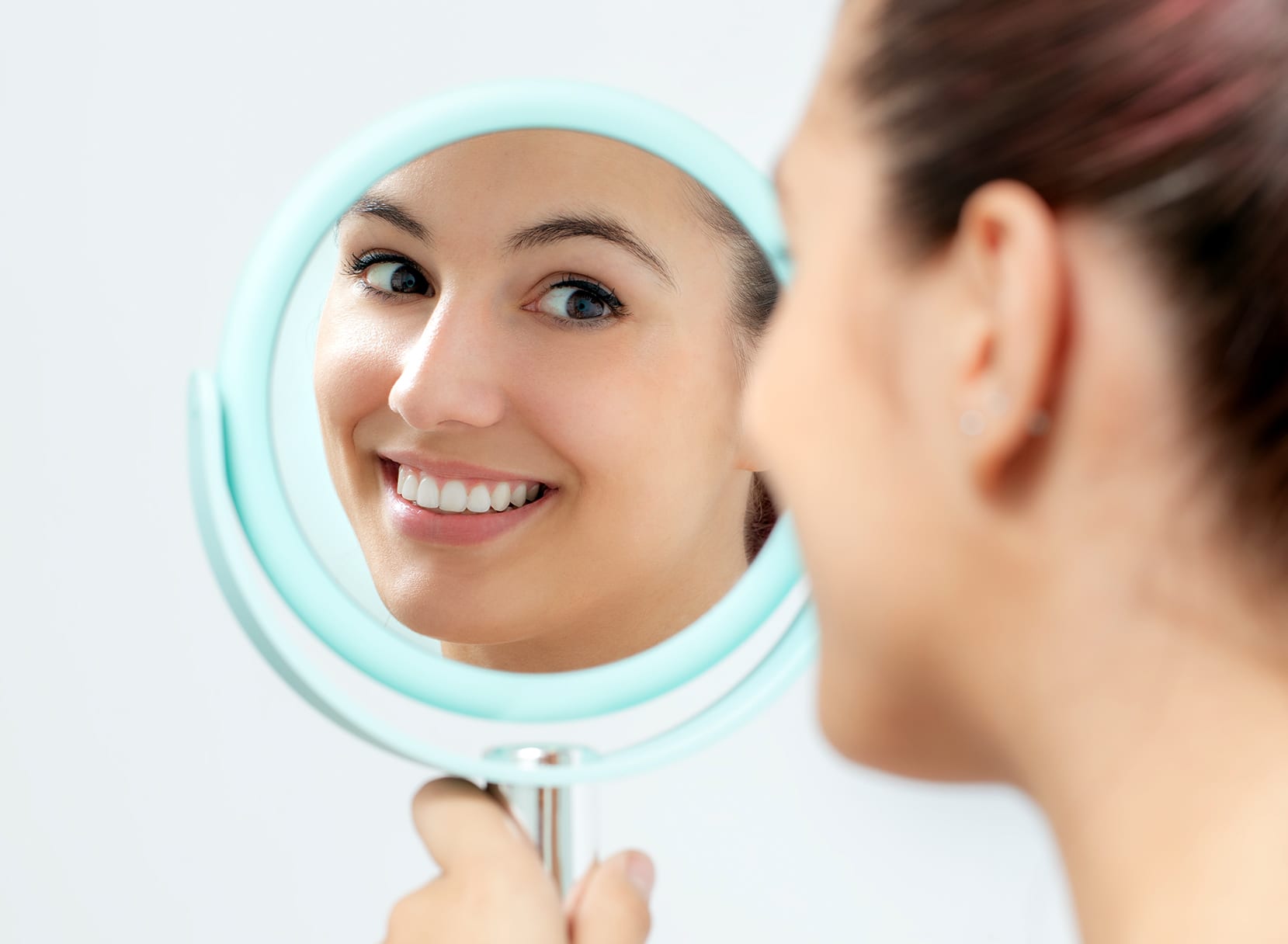

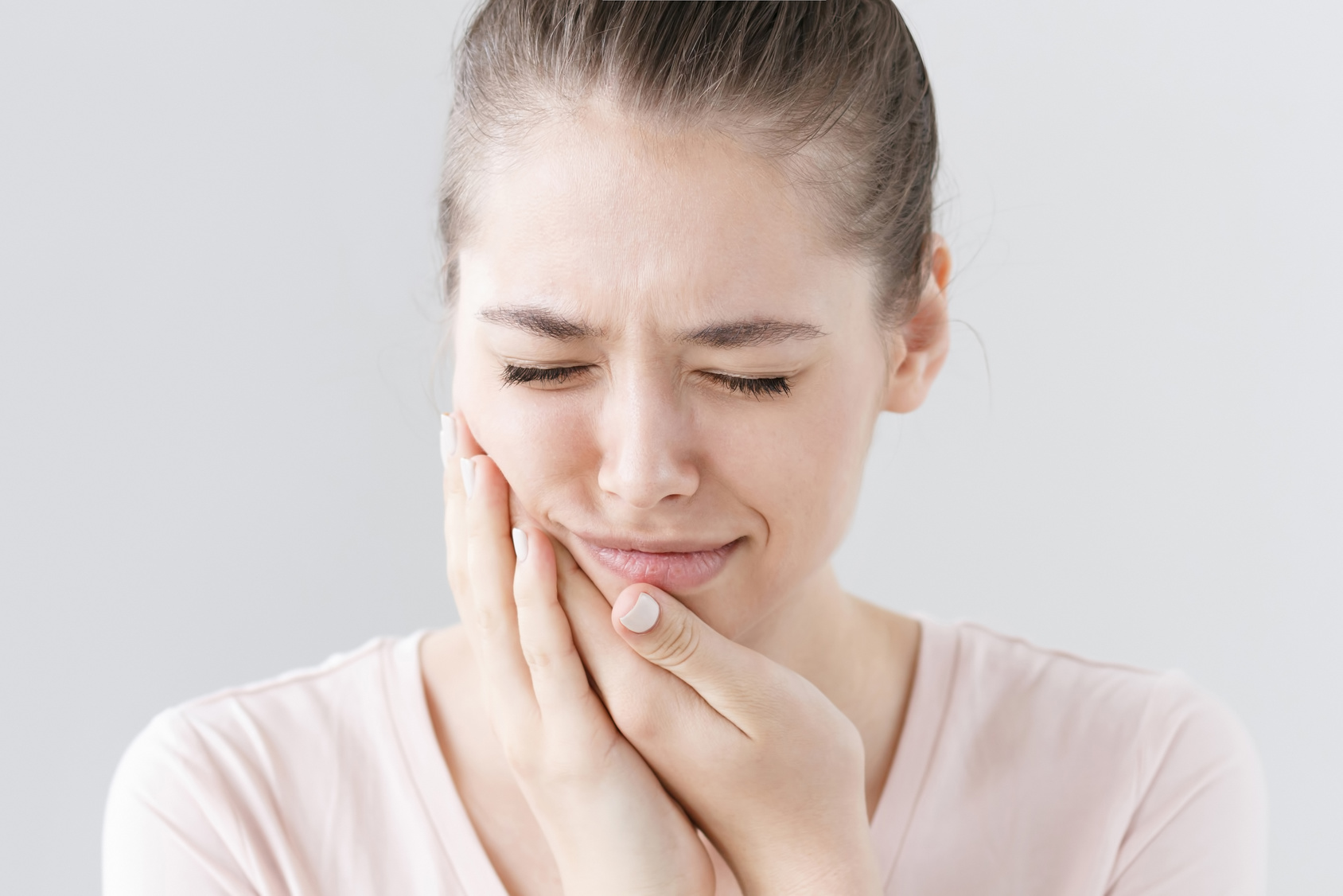

Recent Comments